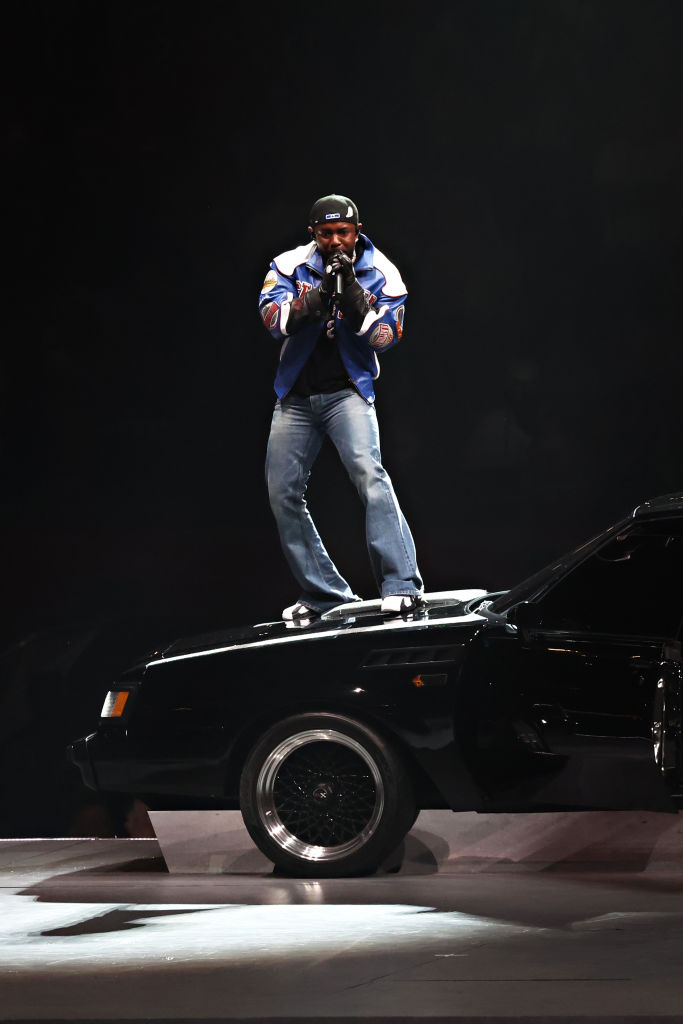Super Bowl LIX: Celebrating New Orleans’ Culture and Legacy

Source: Cindy Ord / Getty
The Super Bowl was more than a football game; it was an experience that united millions of viewers through tradition and entertainment. As Super Bowl LIX made its eleventh visit to New Orleans, it was essential to reflect not just on the legacy, but also on the cultural impact and New Orleans’ deep roots.
As Super Bowl LIX approached, the city celebrated its rich history and distinct identity in order to embrace its role as the event’s host city. Local traditions, such as Black Masking—a symbol of New Orleans’ Mardi Gras culture—were highlighted, drawing parallels between the NFL and the city’s time-honored practices. The handcrafted Super Bowl LIX logo was also created by local artist Queen Tahj, who integrated aspects of New Orleans culture into the game’s visual identity.
New Orleans’ dedication to the community was among the most remarkable features of its Super Bowl hosting preparation. The “Impact 59” initiative, supported by the Super Bowl LIX Host Committee, already awarded over $3.5 million in grants to local nonprofits. These grants focused on supporting the region’s development in areas like education, arts, and community engagement. This blending of local culture with a national stage highlighted the evolving role major sports events have in shaping the environment.
As New Orleans hosted Super Bowl LIX, it became clear that the game was no longer just about football. It was about history, legacy, and community. The city’s emphasis on local culture and the lasting impact of events showcased its commitment. Whether through its charitable efforts, artistic contributions, or the celebration of New Orleans’ unique culture, Super Bowl LIX proved to be an event that not only elevated the game but also enriched the community. For New Orleans, it was a moment to shine on the world stage while staying true to the very culture that has always defined it.












